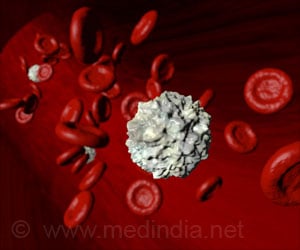Just one third of depressed patients respond to their initial medication trial while a similar number have no adequate clinical response.

Many previous studies have searched for genetic markers that may predict antidepressant response, but have done so despite not knowing the contribution of genetic factors. Dr. Katherine Tansey of Institute of Psychiatry at King's College London and colleagues resolved to answer that question.
"Our study quantified, for the first time, how much is response to antidepressant medication influenced by an individual's genetic make-up," said Tansey.
To perform this work, the researchers estimated the magnitude of the influence of common genetic variants on antidepressant response using a sample of 2,799 antidepressant-treated subjects with major depressive disorder and genome-wide genotyping data.
They found that genetic variants explain 42% of individual differences, and therefore, significantly influence antidepressant response.
"While we know that there are no genetic markers with strong effect, this means that there are many genetic markers involved. While each specific genetic marker may have a small effect, they may add up to make a meaningful prediction," Tansey added.
"Although the Tansey et al. study represents progress, it is clear that we face enormous challenges with regards to both objectives," he added. "For example, it does not yet appear that having a less favorable genomic profile is a sufficiently strong negative predictor of response to justify withholding antidepressant treatment. Similarly, there is lack of clarity as to how to optimally treat patients who might have less favorable genomic profile."
Source-Eurekalert
 MEDINDIA
MEDINDIA




 Email
Email





